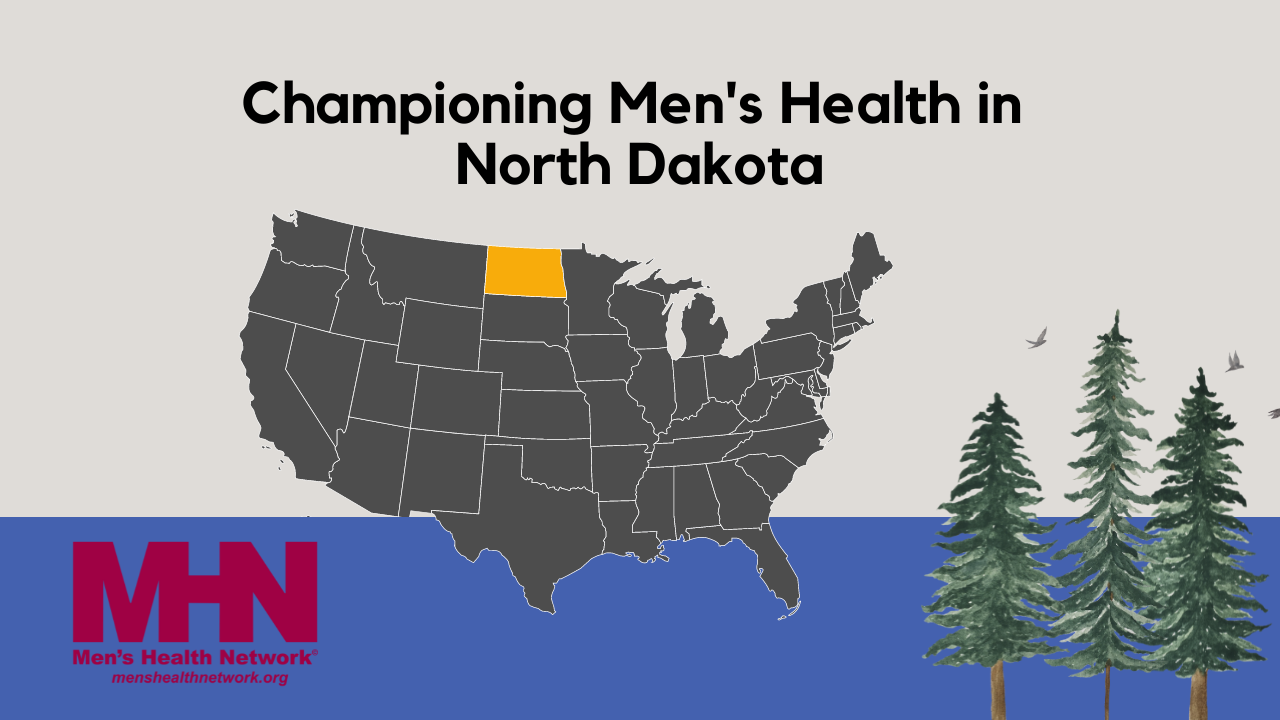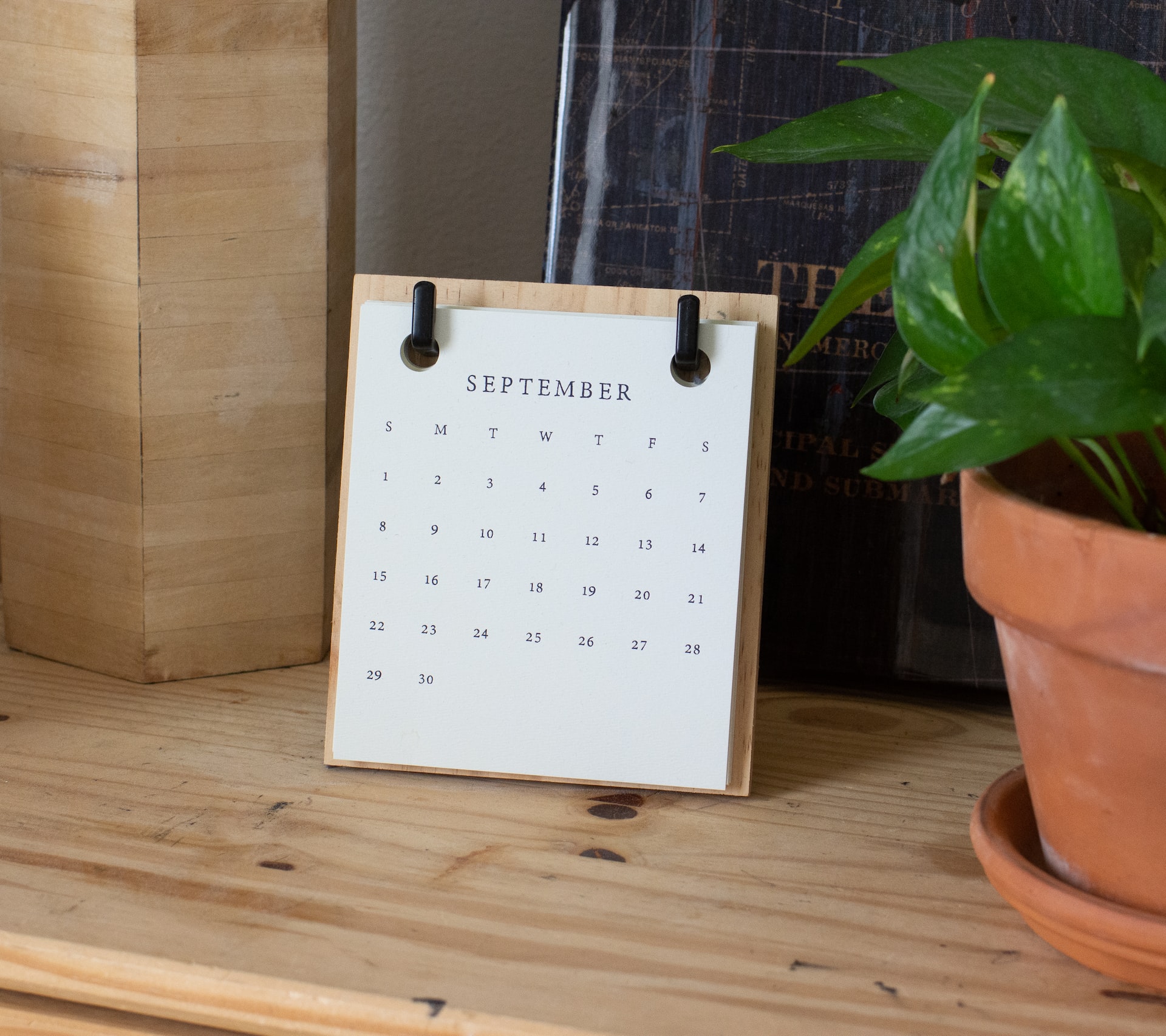One in six US adults lives with some form of mental illness, says the Patient Centered Outcomes Research Institute (PCORI). But racial and ethnic minorities have less access to mental health care, are less likely to be diagnosed, and have poorer mental health outcomes.
Non-Hispanic Blacks are 10 percent more likely, and Hispanic/Latinos are 40 percent more likely, to experience psychological distress than their Caucasian counterparts. For American Indians and Alaska Natives, the numbers are even worse, PCORI says, quoting statistics from the Department of Health and Human Services Office of Minority Health. They’re a whopping 70 percent more likely to experience psychological distress.
PCORI shone a spotlight on research concerning minority mental health that it has helped fund. PCORI has funded 39 studies with more than $170 million as of June.
Men’s Health Network (MHN) created a white paper discussing the needs of American Indian and Alaskan Native men. The paper notes the alarming rise in suicides in the community, especially in the age groups ranging from adolescents to middle age. And, an Office of Indian Men’s Health passed as part of the affordable Care Act, but no one has been named to administer it.
Men’s Health Network has also created a library of resources that discuss men’s health, including mental health and well-being. The resource center offers a wealth of material on all aspects of men’s health, with most available for download.




